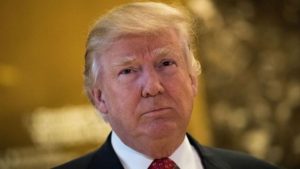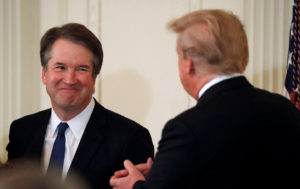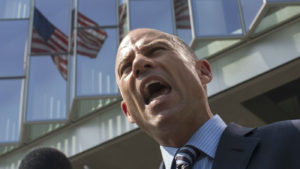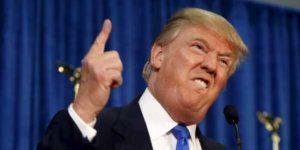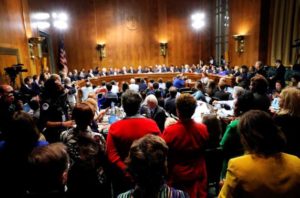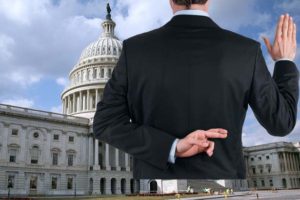
Hypocrisy is king in Washington, D.C.
Not the truth. Not nobility. Not high ideals or soaring rhetoric.
It’s hypocrisy that rules. It has cemented its vise-grip on U.S. politics and government. The Brett Kavanaugh battle is over and the judge is now Justice Kavanaugh, the ninth member of the U.S. Supreme Court.
Who is the Hypocrite in Chief? I’ll hand that dubious honor to Senate Majority Leader Mitch McConnell.
You’ve read on this blog already my distaste for the hypocrisy exhibited by Democratic Sen. Richard Blumenthal — who once lied about serving in the Vietnam War — and his lecturing of Kavanaugh about whether lying about one thing means he lies about all things.
The Hypocrite in Chief (dis)honor goes to McConnell because of the ramrod job he pulled in shoving Kavanaugh’s nomination through. And then he blames Senate Democrats for “obstructing” the process and for “playing politics” with this nomination.
McConnell wrote the book on obstruction in early 2016 upon the death of Justice Antonin Scalia. The justice died in Texas and McConnell immediately declared that President Barack Obama would not fill the vacancy created by Scalia’s death. Obama went ahead with his nominating process, selecting U.S. District Judge Merrick Garland to succeed Scalia.
Garland didn’t get a hearing before the Senate Judiciary Committee. He didn’t get the courtesy of meeting with Republican senators privately. McConnell said that the president was not entitled to replace Scalia during an election year. He gambled that a Republican would win the 2016 election and then would be able to nominate someone of his choosing.
McConnell’s cynical gamble paid off. Donald Trump won. He nominated Neil Gorsuch to the high court. The Senate confirmed him.
And all the while McConnell tossed out “obstruction” epithets at Senate Democrats who were rightfully steamed that a Democratic president had been denied the right to fulfill his own constitutional duties in seeking to fill a Supreme Court seat.
Then came the Kavanaugh nomination. McConnell greased it to allow Kavanaugh to be confirmed after a perfunctory secondary FBI investigation that — big surprise! — turned up no corroboration to the allegation that Kavanaugh sexually assaulted a young woman in the early 1980s.
The obstructionist named McConnell then had the temerity to hammer at Senate Democrats for their own resistance to Kavanaugh’s nomination.
So … take a bow, Hypocrite in Chief Mitch McConnell.
